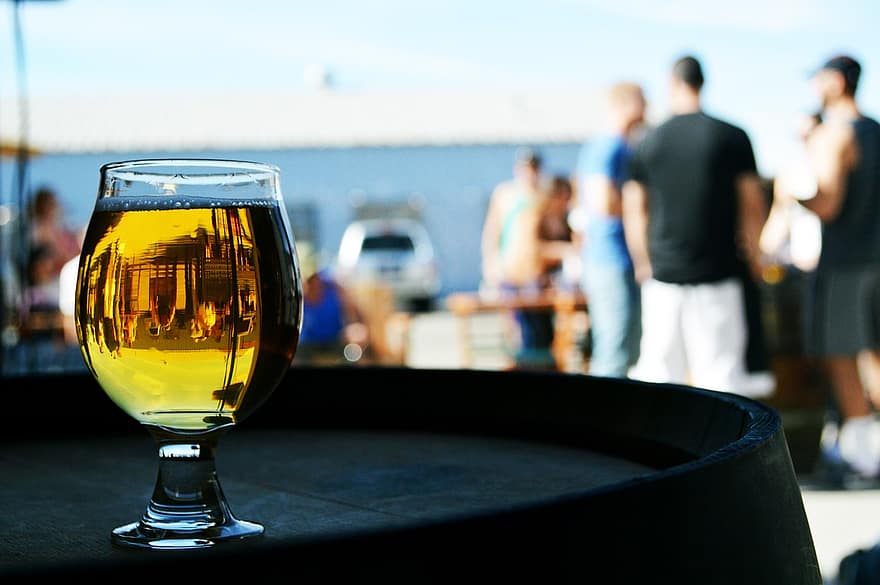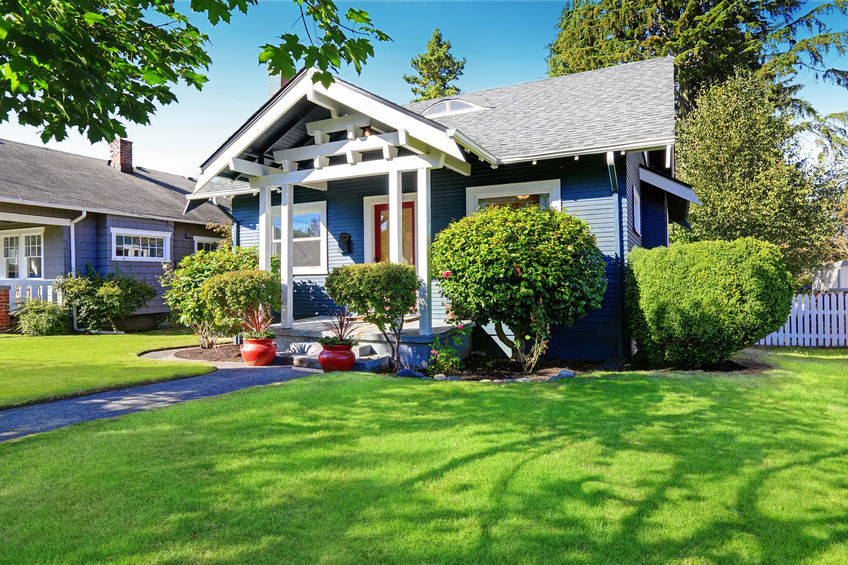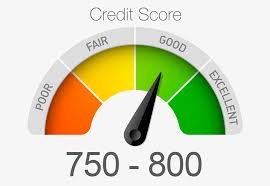How much exactly does it cost to live in Denver, Colorado these days?
…and is Denver, Colorado expensive to live in?
Denver has a lot of opportunities and growth, and its population reflects those positive attributes. From telecommunication companies like Comcast and Dish Network, to the many health companies and government agencies we have many employers to choose from. Denver’s high quality of life and access to culture, and the outdoors, Denver is a popular destination for people to move to long term.
However, when you’re thinking of moving, it can be tricky to assess what a comprehensive cost of living in a city can be. It’s one thing to just look at the cost of housing, but what about all the other things that come with living in a major city?
What about the cost of renting versus buying, groceries, and health insurance? Here we’ll break down these major costs to give you an accurate comprehensive view on living in Denver. As well as compare Denver to the cost of living in other major cities.
Cost of Living Denver
Let’s start with a few basic resources to help you determine what is included when considering the cost of living in any particular city.
This will help give you a background in things to research as you’re asking questions to realtors, as well as costs that may be important to consider about Denver itself.
It may be useful to start out with a Denver cost of living calculator. Although tools like this aren’t infallible, it can give you a good place to start. It can help you to estimate the general cost of things like housing, utilities, healthcare, groceries, entertainment, and transportation costs.
This can help you determine what is the true cost of living in Denver, Colorado.
Hosing Costs in Denver
The main cost of living to consider when moving to any new place is housing prices. So first, let’s talk actual housing costs in Denver.
Housing in Denver costs more compared to the average of the United States. However it’s lower than major cities like San Francisco, CA, Manhattan, NY or Washington D.C.
Currently in the United States, the average household price is $368,700. Contrastingly, the larger Denver metro region average household price is $528,760. You may be thinking, “wow, that’s almost double!” And you’d be right. But when you think about coastal cities we are much less.
In fact, there are six major cities on the west coast that are considerably more expensive than Denver, Colorado. What makes Denver an attractive alternative to those other cities is the value for the money, outdoor recreation access and the salary opportunities.

The median income for Denver is actually quite high compared to the national average. That’s due to the ever-evolving industry opportunities and companies choosing to headquarter here in the Denver Metro.
But back to housing costs.
We’ve discussed the costs of buying, but does that make the most sense for you? What about renting? You may be surprised to find out that due to a lot of new development, the rental market in Denver is actually rising.
In fact, it costs more to rent in most cases than to buy. But if you are renting, the average price for a 1 bedroom Apartment is around $1,674. So a 2 or 3 bedroom you are going to be very close to over that $2,000 mark. There are of course areas slightly above or below those averages.
Looking outside of the Denver proper will usually might save you a few hundred a month, but it may save money to live in specific Denver neighborhoods. Check out this chart from rent cafe that will give you prices by suburbs and Denver neighborhoods.
What about the other costs of living to consider into your budget? So step one- housing costs- is taken care of, you’ve bought a house, or found a place to rent. What about the average utility costs for living in the Denver Metro Area?
Utility Costs in Denver

Our mild climate keeps utilities within reach. Averaging everything out, including water, sewer, and garbage the monthly utilities cost in Denver is about $150. According to the Energy Resource Center, the average residential electric bill in Denver is around $78 a month.
The average internet price is around $60 per month. Which is a little higher than average, but not by much.
Now how to get to work? What is transportation like in Denver, and how does it factor into your total cost of living?
Transportation Costs
If you want to live like a true Denverite, you could take your bike to work. There are only 3 cities in the US that are more bike friendly then Denver, Colorado.

The city has multiple bike parks where there are bike paths to ride your bike and 196 miles of on-street bike lanes. The most important trails are the Cherry Creek and the South Platte River trails. These two bike paths follow Denver’s major waterways and meet at Confluence Park, this is near the REI flag ship store, the Denver Aquarium, and the Children’s Museum. Both paths are protected from cars and connect downtown Denver with many neighborhoods. These trails also connect with a larger network of trails that head in all directions.
But bikes aren’t the only affordable and eco-friendly way to get to work. Portland also has one of the best public transit systems in the United States.
A monthly pass for RTD is around $114 for local and $200 for a regional pass. There are also deeply discounted passes for seniors, students people with disabilities, or those who are on Medicare.
If you do not want to ride a bike or take public transit, you can drive. The average gas prices in Denver are around $2.47 per gallon.
All right, we’ve gotten all of our basic necessities taken care of. Housing, utilities, and your commute to work. What about all of the great reasons you wanted to move to Denver for in the first place? Such as the great outdoors and delicious food and drinks!
Recreational Costs of Denver
When you’re grocery shopping and eating meals at home, the grocery prices will match the national average, so you won’t notice a difference from your current city. But we’re sure you want to go out to eat too.
An average meal for a couple at a mid-range, high quality restaurant is going to cost around $50 total. Per person meals average out to be about $12, but of course we’re factoring in some of those artisan craft beers that Denver is known for.

Denver has over 148+ breweries! To put that into perspective, Denver has a population of just over 700,000 people. That is a ton of beers being brewed in the Denver area.
Taxes in Denver
Denver has sales tax. It depends on the location in the Denver Metro, but in Denver proper the minimum combined 2020 sales taxes is 8.31%. The state of Colorado’s sales tax rate is currently 2.9%. Denver sales tax rate is 4.31% then add in the RTD rate of 1% and .10% for Cultural Facilities District.
Although Denver has sales tax Colorado’s income tax is assessed at a flat rate of 4.63%, which means that everyone in Colorado pays that same rate, regardless of their income level.
Health Care Costs in Denver
The last thing we should consider is the cost of healthcare.

The good news here is that Denver is lower than the national average costs of healthcare. If you work for an employer that doesn’t provide healthcare, your costs for single person, (below 40, non-smoker) coverage are going to be around $260 per month, with a deductible of $7,000.
Believe it or not, that is lower than the national average.
Denver Neighborhoods
One of the things that keeps people coming to Denver is the amount of neighborhoods with quick access to the foothills and outdoor recreation. The cost of living although high is still lower compared to other major cities.
The national average cost of living is broken down to a number of 100. An amount below 100 means Denver is cheaper than the US average. A cost of living index above 100 means Denver, Colorado is more expensive.
If you’re living within downtown Denver City proper that average cost goes above the national average, to 128.
There are different neighborhoods within the region that will raise or lower your overall cost of living.


 process. It can influence what interest rates you’re eligible for, as well as what options you have for loans in general.
process. It can influence what interest rates you’re eligible for, as well as what options you have for loans in general. On Monday the Colorado Supreme Court did what our state legislators couldn’t do as the Supreme Court voted 5-2 to affirm the Colorado Court of Appeals ruling “that developers can retain a right to consent to any HOA’s proposed amendments on contracted declaration regarding arbitration for construction-defects claims,” per the Denver Business Journal.
On Monday the Colorado Supreme Court did what our state legislators couldn’t do as the Supreme Court voted 5-2 to affirm the Colorado Court of Appeals ruling “that developers can retain a right to consent to any HOA’s proposed amendments on contracted declaration regarding arbitration for construction-defects claims,” per the Denver Business Journal.